Flybe: Brace, brace, or is the airline just too British to fail?
In the space of one week the struggling airline went from basket case to national treasure, when the government announced it would bail out the carrier. Anger from rival carriers quickly followed. Simon Calder on the price of keeping the country connected

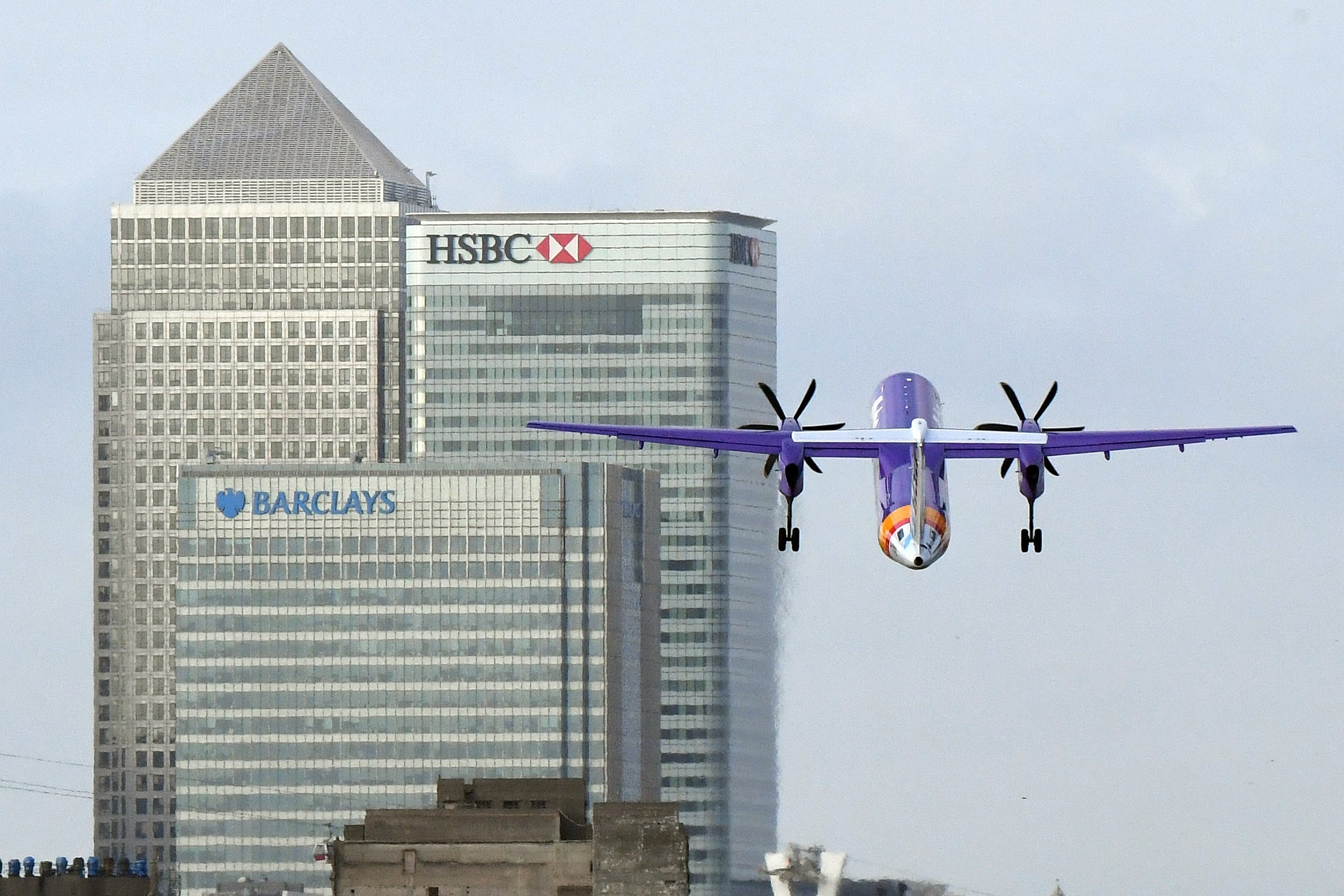
To unite Michael O’Leary and Willie Walsh is an achievement. The two Irishmen run, respectively, Ryanair and British Airways’ parent company, IAG, and spend their professional lives competing ferociously. Yet with its rescue of Flybe, the UK government amalgamated them in apoplexy. “It’s in breach of competition rules,” said Mr O’Leary. “The government are covering up the deal.”
“A misuse of public funds,” chorused Mr Walsh, who promptly complained to the European Commission in Brussels about illegal state aid while the UK remains subject to EU rules. Halfway through January 2020, the airline that began life as Jersey European in 1979 was apparently on the brink of collapse. Again.
In the cruel winter of 2018-19, the then-chief executive, Christine Ourmières-Widener, said: “There has been a recent softening in growth in the short-haul market, as well as continued headwinds from higher fuel and currency costs.”
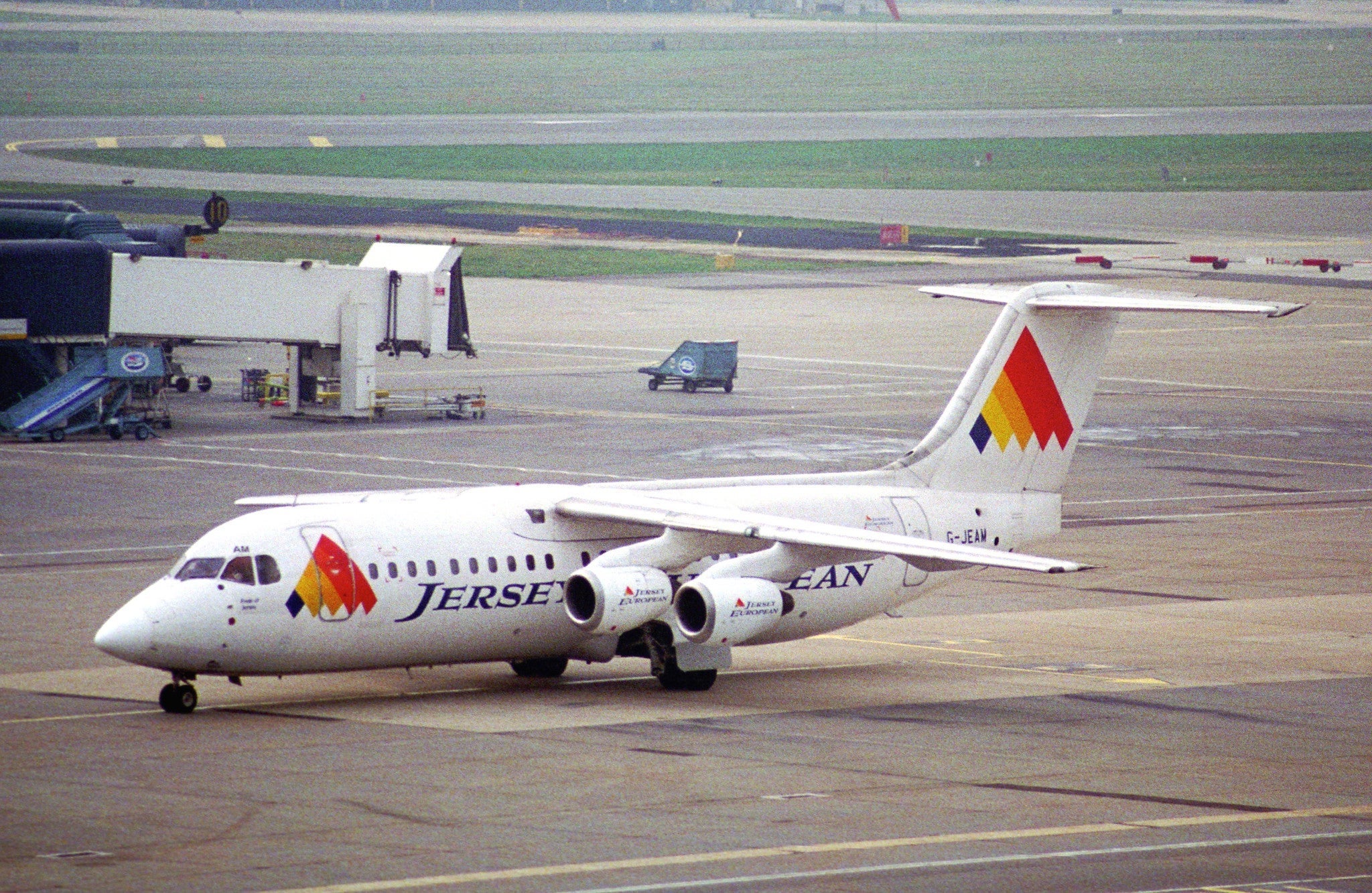
The reality behind the gentle terms “softening” and “headwinds” was horrible. Every hour (the flight time from Belfast to Manchester), the airline was losing £7,000. Only a buyer with very deep pockets could save Flybe. And a curious trio of white knights duly rode to the rescue. Virgin Atlantic had already been a casualty on the brutal battleground of domestic aviation: its Little Red subsidiary shuttled unprofitably for a couple of years from Heathrow to Manchester, Aberdeen and Edinburgh.
Those slots passed ultimately to Flybe, and are said to be what attracted the US investment fund, Cyrus Capital, to the rescue deal. Permission to take off and land at Heathrow is the most desirable commodity in aviation. And Stobart Group, owner of Southend airport and its own modest airline, saw the opportunity for directing traffic to the Essex hub.
By March 2019, the deal was signed, with a plan to rebrand the airline as Virgin Connect under a new chief executive, Mark Anderson. Since the buy-out the investors have pumped in £110m.
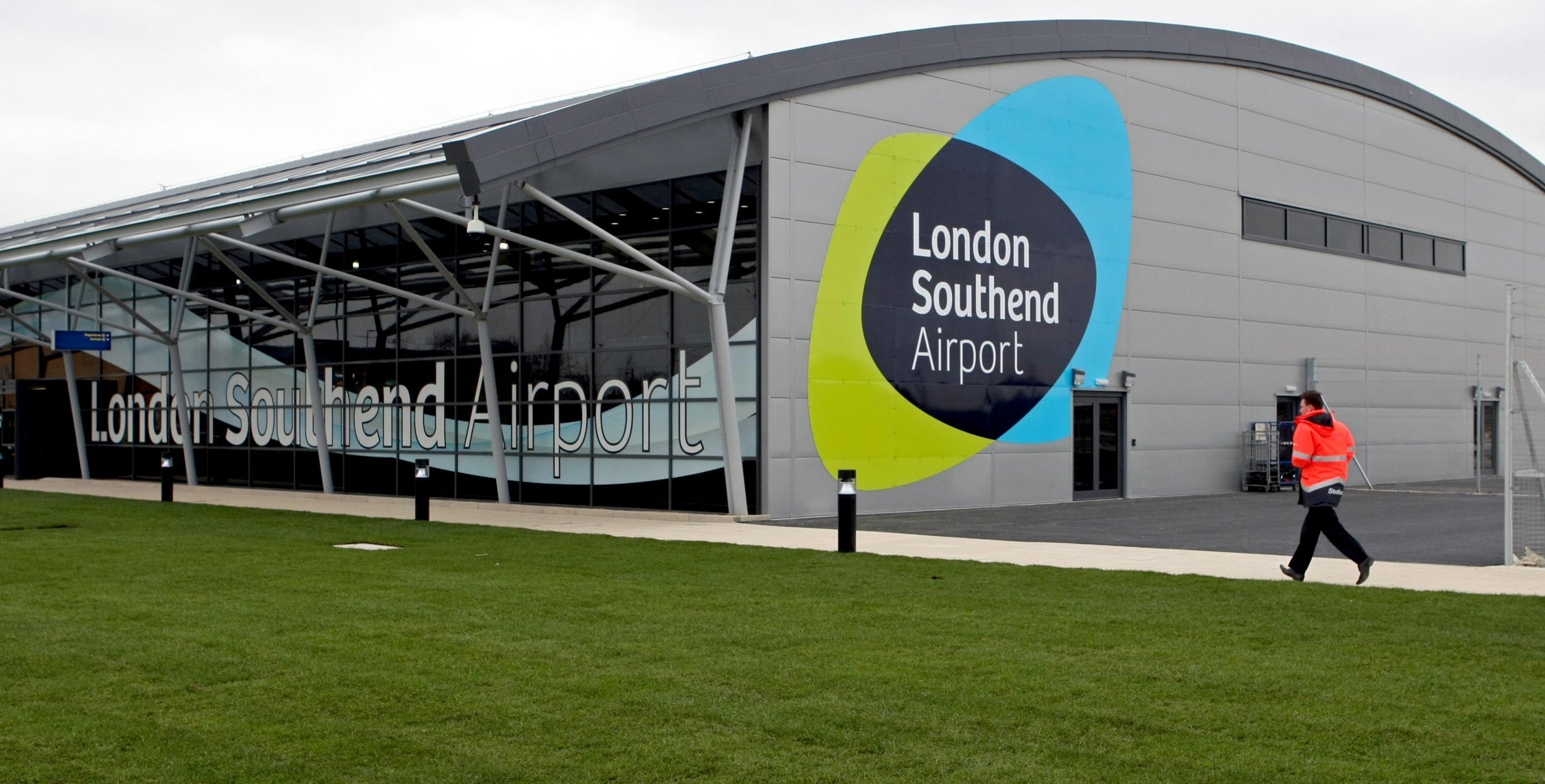
Flybe should have had a reasonable summer in 2019, but instead it was a financial nightmare. The busy season began with insufficient crew and wholesale flight cancellations, costing the carrier millions in compensation under European air passengers’ rights rules. The schedule gradually got back on track, but required the new owners to throw money at staff to persuade them to work overtime.
According to a leaked message to staff from Mr Anderson, all but £27m of the rescue fund “was gone before we even really started”.
“We were in worse shape than even the shareholders thought we were,” he wrote.
Midwinter is bleak in aviation, especially on a regional network where filling aircraft is difficult even with low fares. On 12 January 2020, Easter – and the extra business it delivers – was still three months away. Yet millions more were needed, and the investors were in no mood to throw good money after bad. Fortunately for Mr Anderson and his 2,343 colleagues, the government could not have been more receptive to his request to bail out the airline.
“Brace, brace”: late on that Sunday night, news broke of last-ditch talks on the future of Flybe.
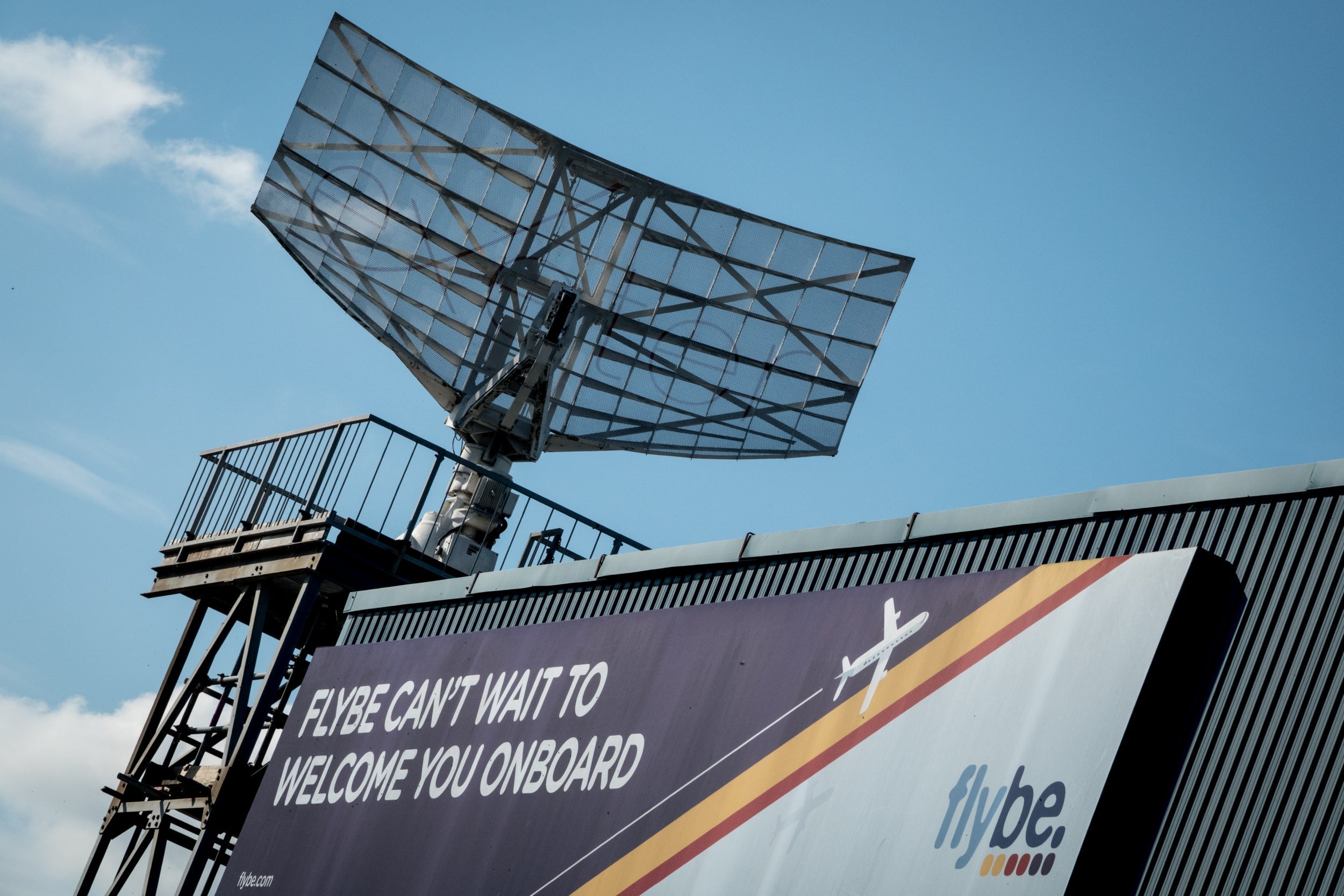
By Monday morning, a chorus of national and local worthies were chanting demands for the airline to be saved. The chancellor, the business secretary and the transport secretary promptly agreed to provide a tax “holiday” for many millions of pounds in Air Passenger Duty (APD) that passengers had already paid Flybe. Sajid Javid talked of “safeguarding jobs in UK and ensuring flights continue to serve communities across the whole of the UK”.
Andrea Leadsom said: “We have managed to reach an agreement with Flybe shareholders to keep the company in operation, ensuring that regions across the country can continue to be connected.” And Grant Shapps added: “Europe’s largest regional airline is able to continue providing their valued services, connecting communities across the UK.”
In addition, they promised to “review” APD on domestic flights – which everyone assumes means the flight tax will be cut in the next budget. On Any Questions? on Radio 4, the senior Conservative MP Tobias Ellwood was briefed to defend the deal by outlining a doomsday scenario with Belfast City and Southampton airports closing.
“What we didn’t want to see is a sudden breakdown of the country coming to a complete standstill, and then having to recuperate which will take a couple of months, two or three months, possibly with the closure of a couple of regional airports,” he said. “That would be very, very damaging indeed.”
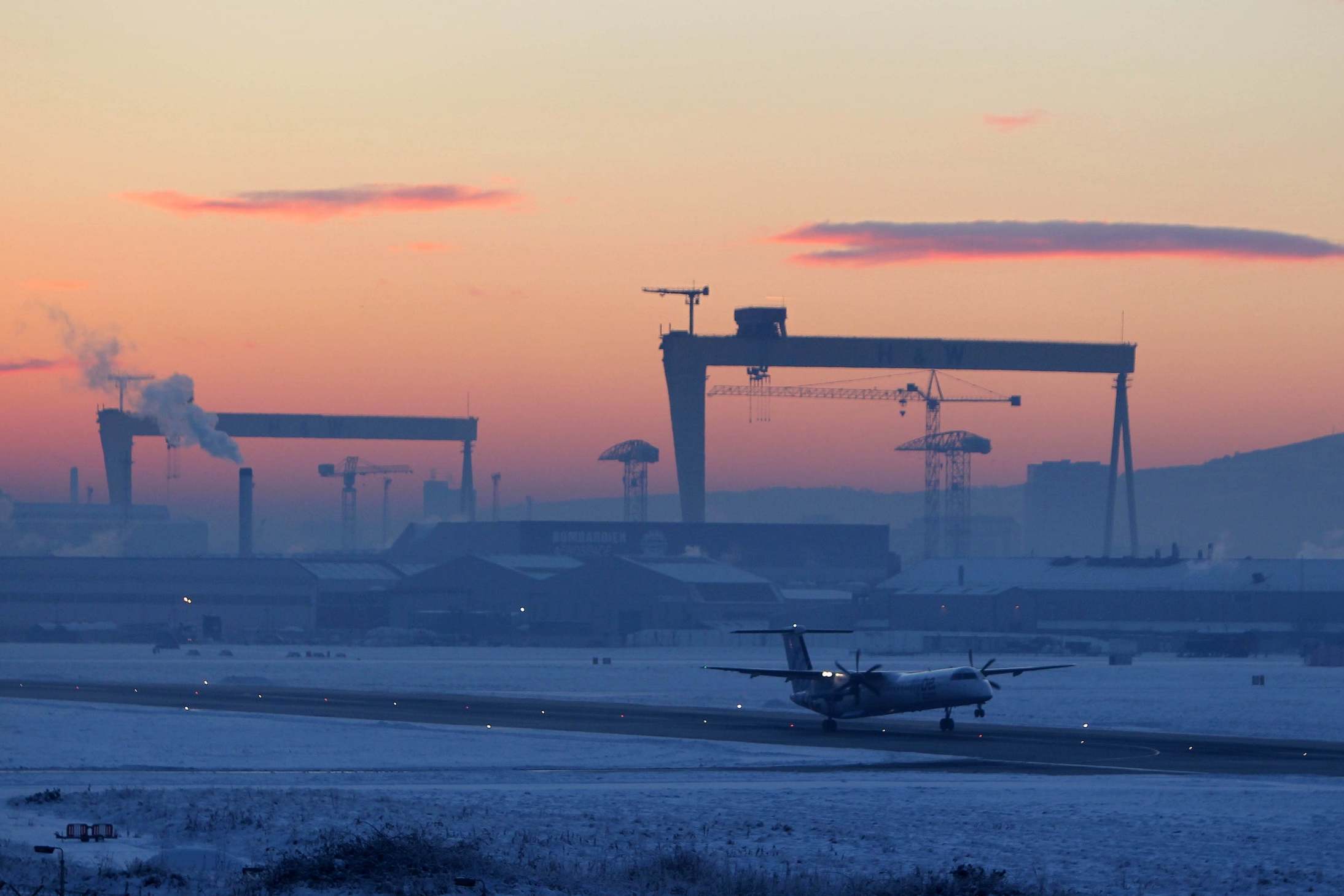
In the space of a week the struggling airline had gone from basket case to national treasure. Trigger aforesaid anger from rival carriers. Yet unlike the big airline bosses, you may conclude that it’s good to provide life support for a struggling regional carrier. Airports remain open (though both Belfast City and Southampton strenuously denied to me that they would close if Flybe folded).
Crucially, you may contend, supporting Flybe provides valuable competition against the big bully-boys of aviation: British Airways, easyJet and Ryanair. Except competition in the airline business doesn’t quite work like that. Let me explain with the example of the 256-mile route between Bristol and Newcastle, a link that looks like natural Flybe territory.
“Faster than rail and road” is the promise painted in purple on the engines of Flybe’s Q400 propeller aircraft. Even with all the usual airport faff, a flight of just over one hour is far quicker than the CrossCountry train or an interminable motorway slog. Suppose Flybe operated the Bristol-Newcastle route with four flights a day, and easyJet was pondering whether or not to start flights in competition.
Were Flybe immune to the market, as the government and grandstanding politicians appear to say it should be, then easyJet would rationally refrain – knowing that the incumbent could respond at any time by cutting fares to below economic levels. So Flybe could stay on the route at an average one-way fare of, say, £75.
Remove the safety blanket, though, and easyJet can deduce that almost all the passengers can be enticed by the prospect of a £50 average fare – taking advantage of the much lower seat costs of a bigger plane. Flybe’s four 78-seat planes a day will empty as the passengers move to just two daily trips on an easyJet Airbus A319 that (conveniently for this example) holds exactly twice as many passengers.
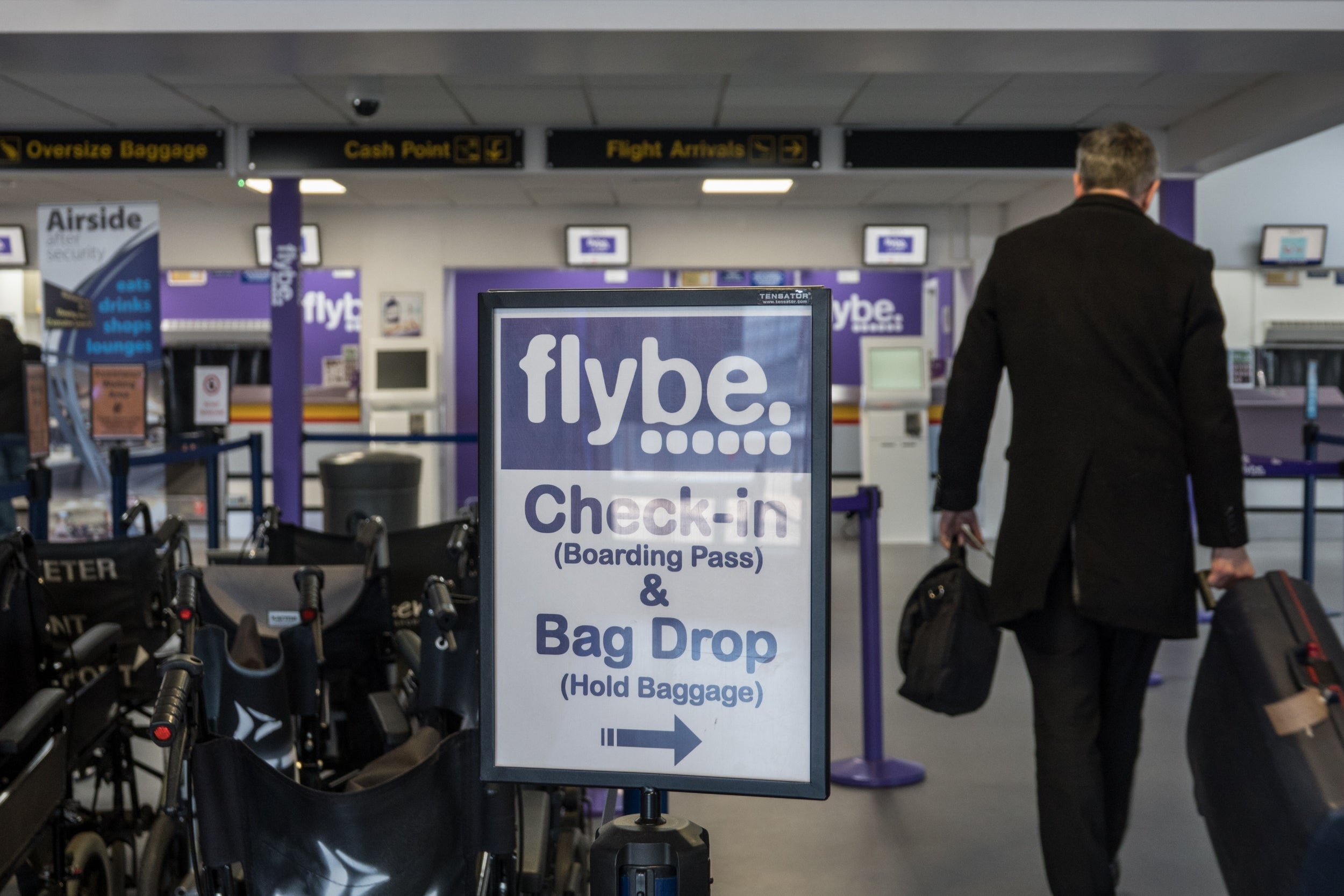
Which is why only easyJet now serves the route. Sure, some travellers would like more frequencies on the route, but most will take the lower fares the bigger airline is able to offer. Life for a regional airline is never easy, because there is always a predator waiting in the wings to pounce when a route becomes sufficiently developed; easyJet is about to start chasing Flybe’s business from Birmingham to both Edinburgh and Glasgow.
For a regional airline, survival requires being nimble at creating opportunities while remaining risk-averse. In 2005, Flybe became the first significant airline in the world to announce it would start charging for baggage. Fourteen years on, almost everyone does the same. It was a shrewd move to make checking in a case an optional extra, helping to cut costs and raise “ancillary revenue” (originally at a very modest £2 per bag, now £23).
Yet in the same year, the carrier ordered half-a-billion pounds’ worth of Embraer jets. These Brazilian-made planes have proved a perennial drain on Flybe – too big for most of its routes, and requiring separate crews and engineering expertise. While every easyJet or Ryanair pilot can fly any plane in their airline’s fleet, much smaller Flybe added unnecessary complication to crewing.
What were they smoking at the time? That question arose again in 2016, when Flybe said it was tearing up its “codeshare” agreement with the Scottish airline Loganair and would start competing on routes to Shetland, Orkney and the Isle of Lewis – with those expensive and unwieldy Embraer jets. Flybe launched its Scottish islands services in September 2017, just as the summer traffic was dwindling. It survived only four months on Shetland, and a little longer on the other routes.
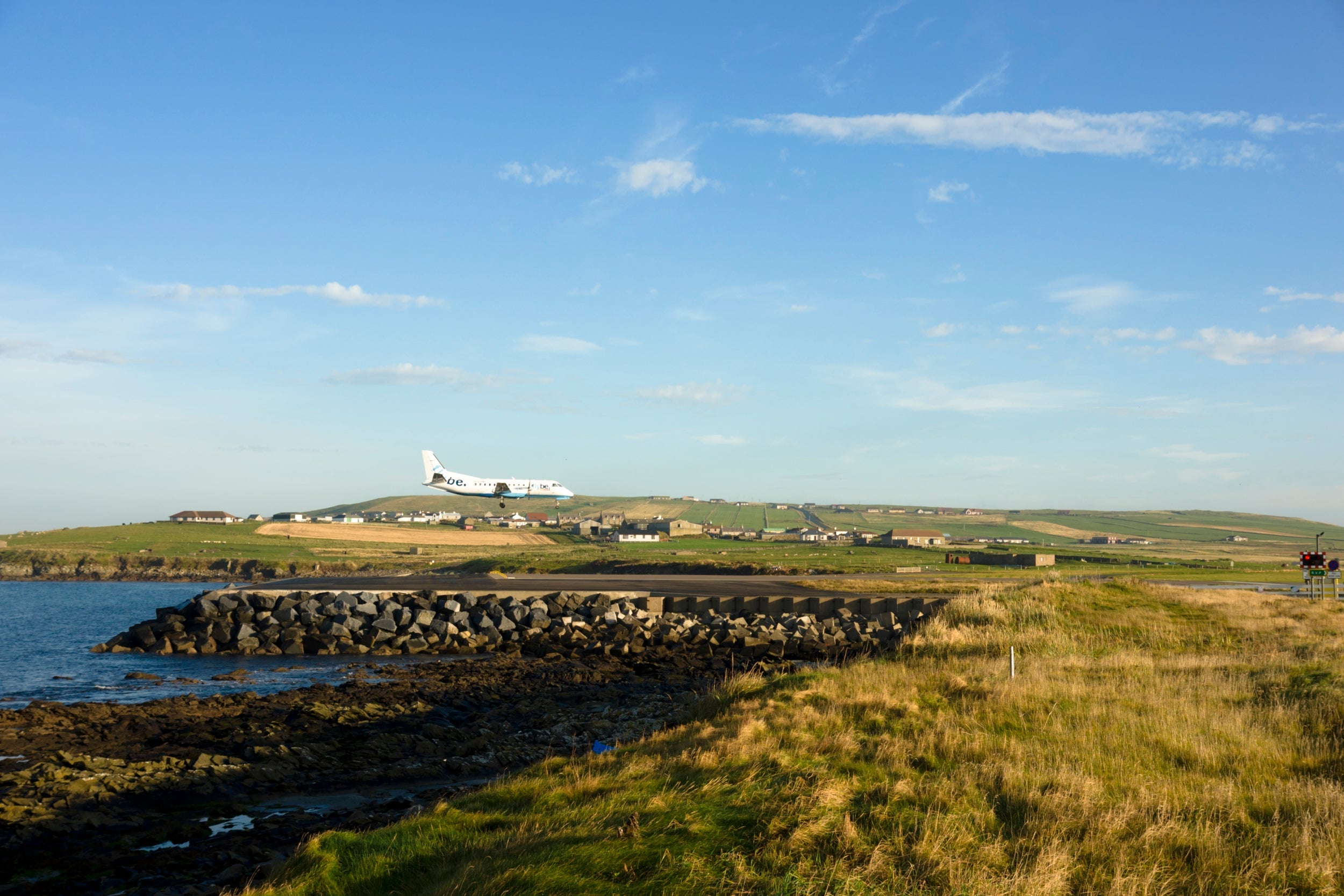
Both Flybe and Loganair lost millions during what turned out to be a fares war of attrition – with the incumbent predictably holding firm in a battle it could not afford to lose. One rare success was the acquisition of so-called “remedy” slots (handed back by big airlines after a takeover) to allow Flybe to switch its London-Newquay route from three a day from Gatwick to four daily from Heathrow – by far the preferred airport for business.
As the politicians postured, the service connecting Newquay with Europe’s busiest airport was frequently cited as exemplifying an essential regional link that only Flybe could provide. Barely was the ink dry on the government’s rescue deal when the local MP, Steve Double, let it slip that the Heathrow connection would end in March 2020. The word on the apron is that Flybe will use the priceless slots for a Dusseldorf-Heathrow link in competition against British Airways.
Now, it seems, Flybe is back for more cash – demanding a £100m loan from the government to ease it through the winter. A complex deal was created on 15 January with a company called Global Loads Agency Services (Glas); the 56-page filing to Companies House shows many of the airline’s assets are now assigned to this lender. But Flybe needs additional funds, and the friendliest lender is Sajid Javid.
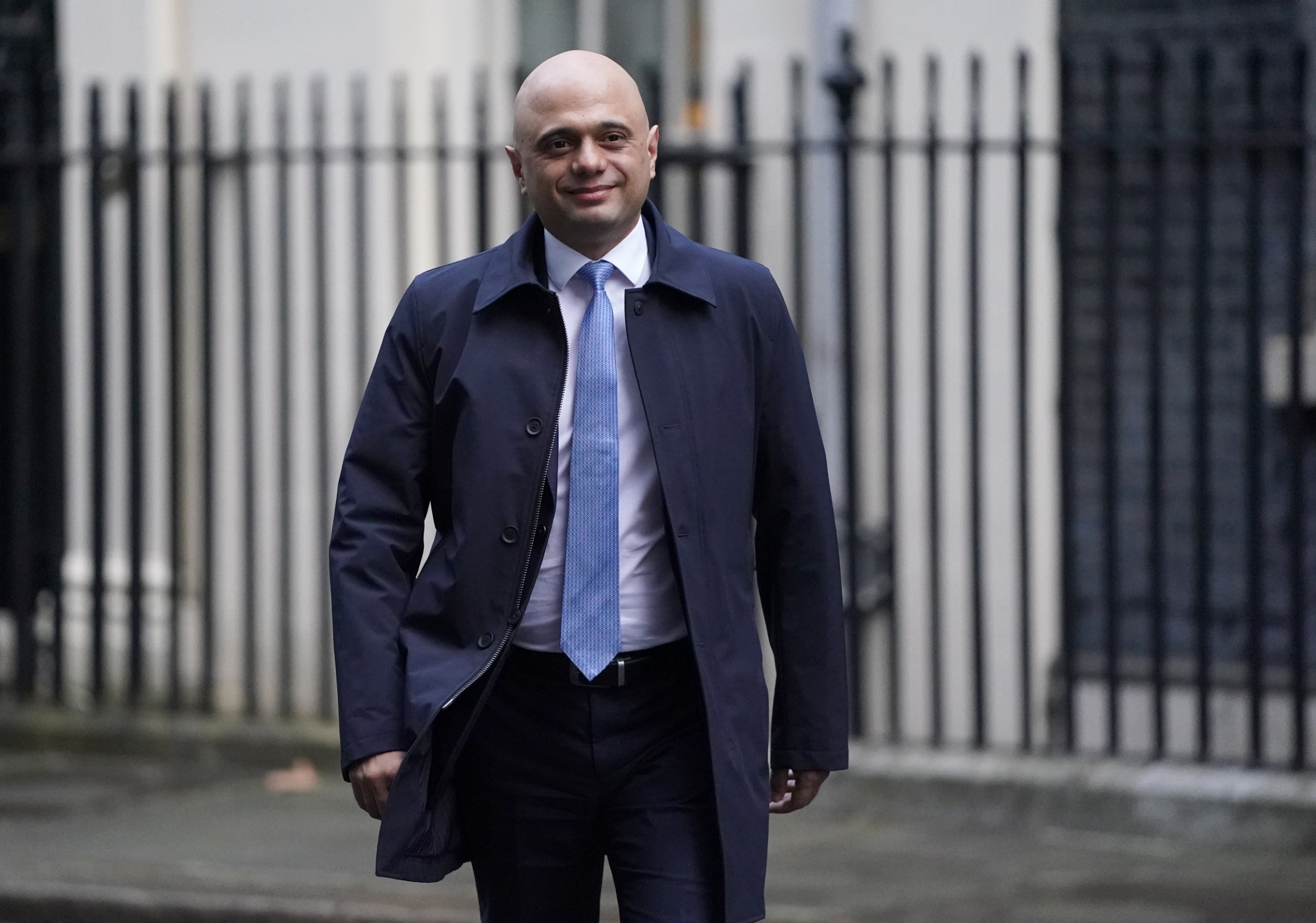
“It’s shocking,” an airline boss, who will be nameless, told me at the weekend. “I can’t believe the reports that the government is going to put in £100m as a loan. That is a simply extraordinary amount and underlines just how unviable the business actually is.”
Yet the chancellor has painted himself into a corner with the initial rescue. “The government had to step in,” Tobias Ellwood told voters. “We want to actually connect our regions. This is one of the commitments that the Conservatives made in the general election to make sure that every part of the UK is absolutely connected.”
As the same arguments for preserving connectivity still prevail, Flybe’s owners can keep coming back for more funds. The vast majority of taxpayers never fly on the airline, and many of them will be horrified that the government is pumping money into a business that damages the environment. British Airways and easyJet have become highly profitable businesses in an extremely competitive industry because they provide flights that people want. But the message from 10 and 11 Downing Street seems to be: “F*** business, and in particular f*** the airline business.”
Evidently Flybe is now too British to fail.
Join our commenting forum
Join thought-provoking conversations, follow other Independent readers and see their replies
Comments
Bookmark popover
Removed from bookmarks